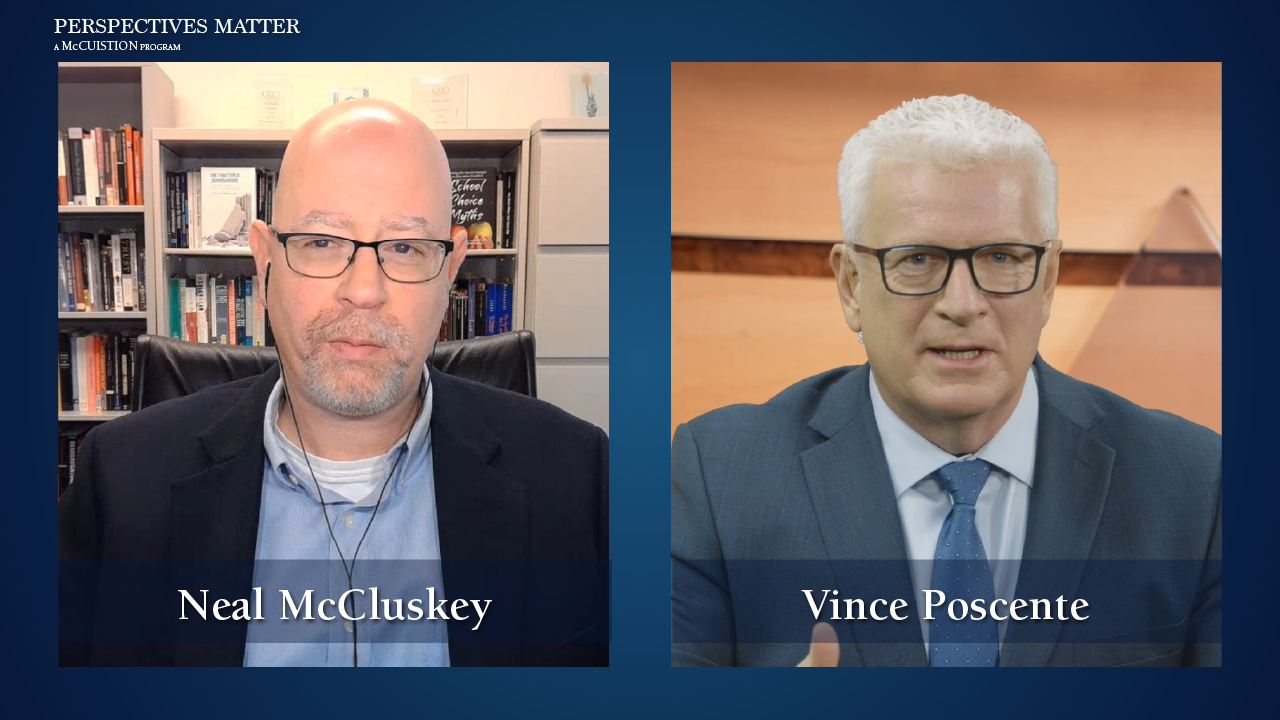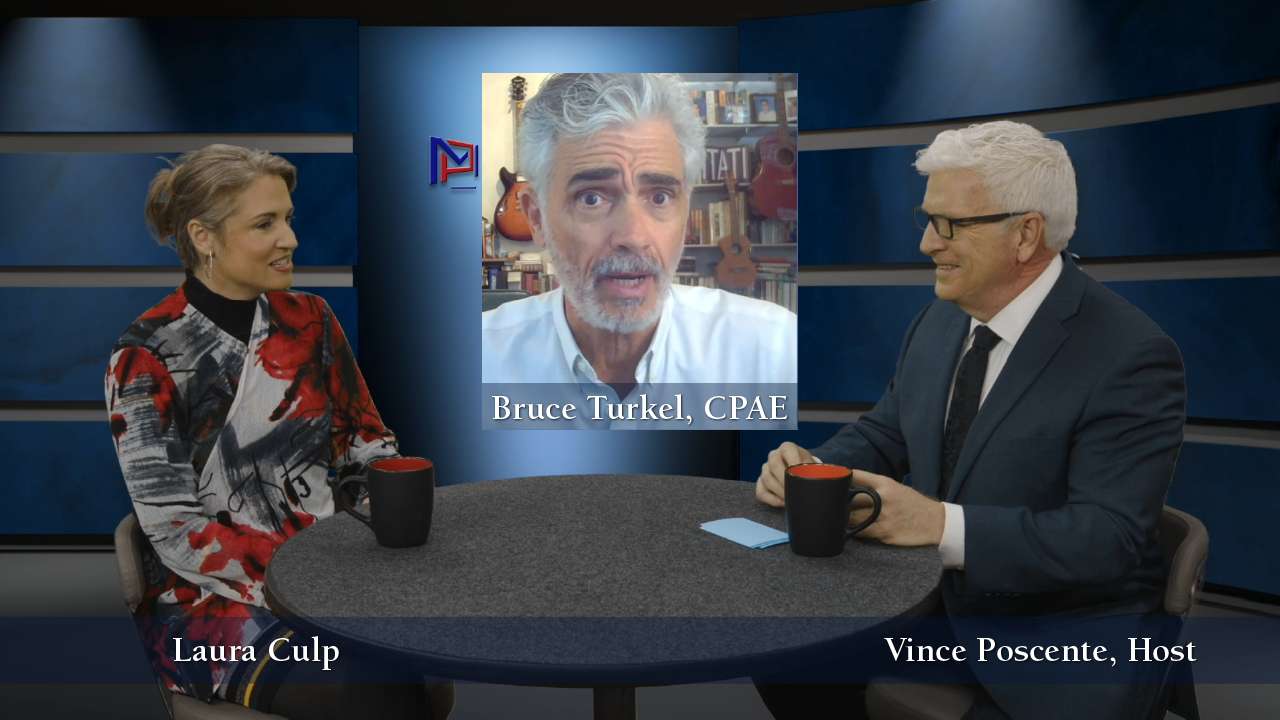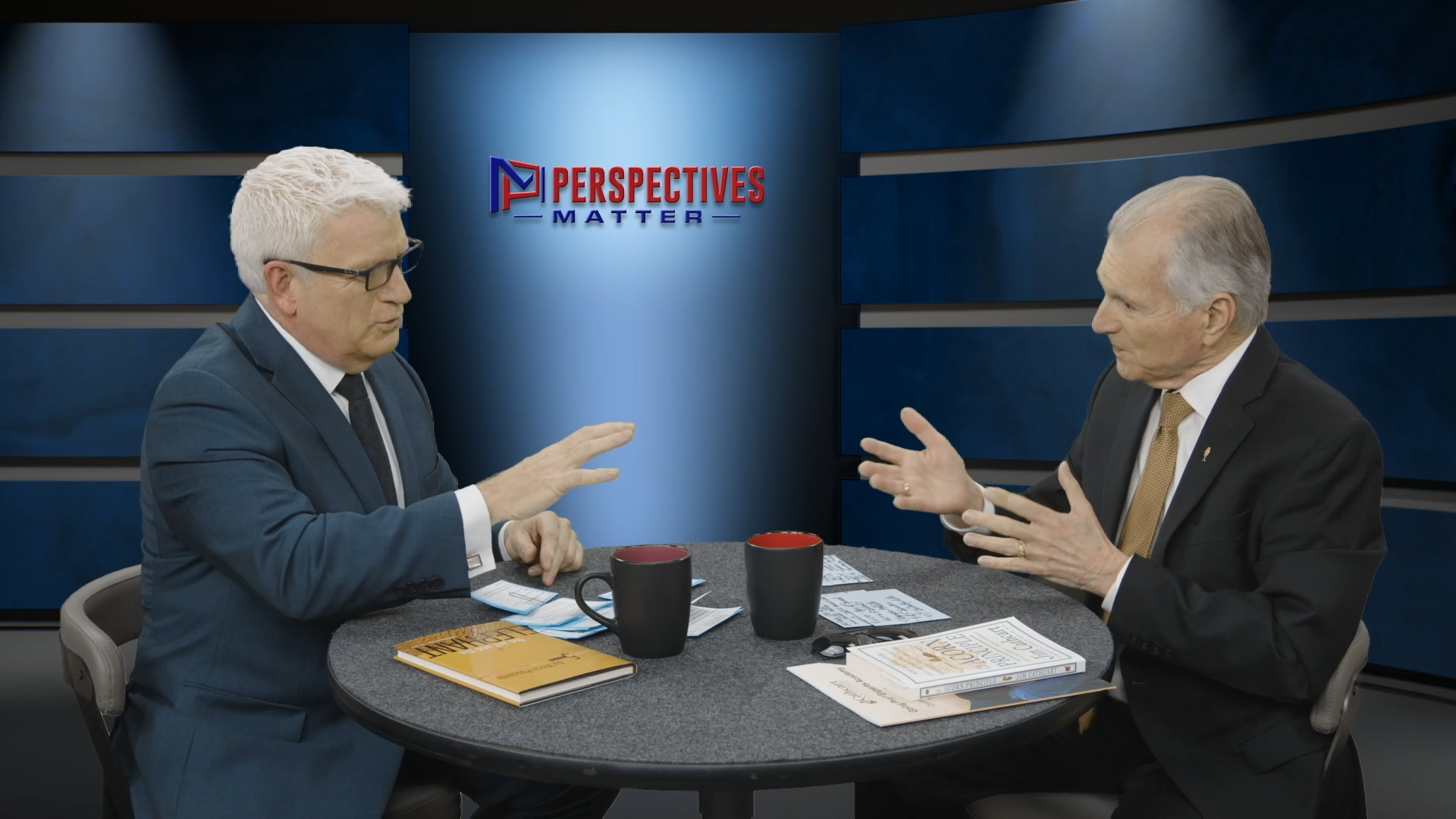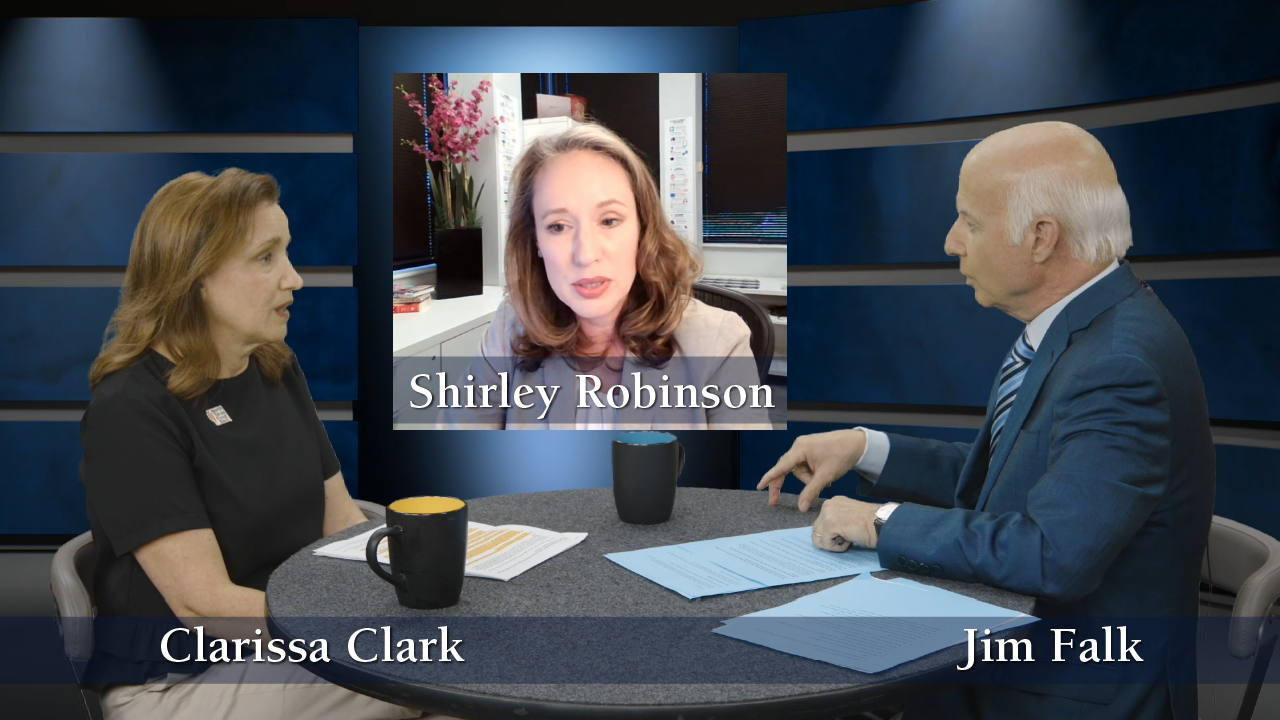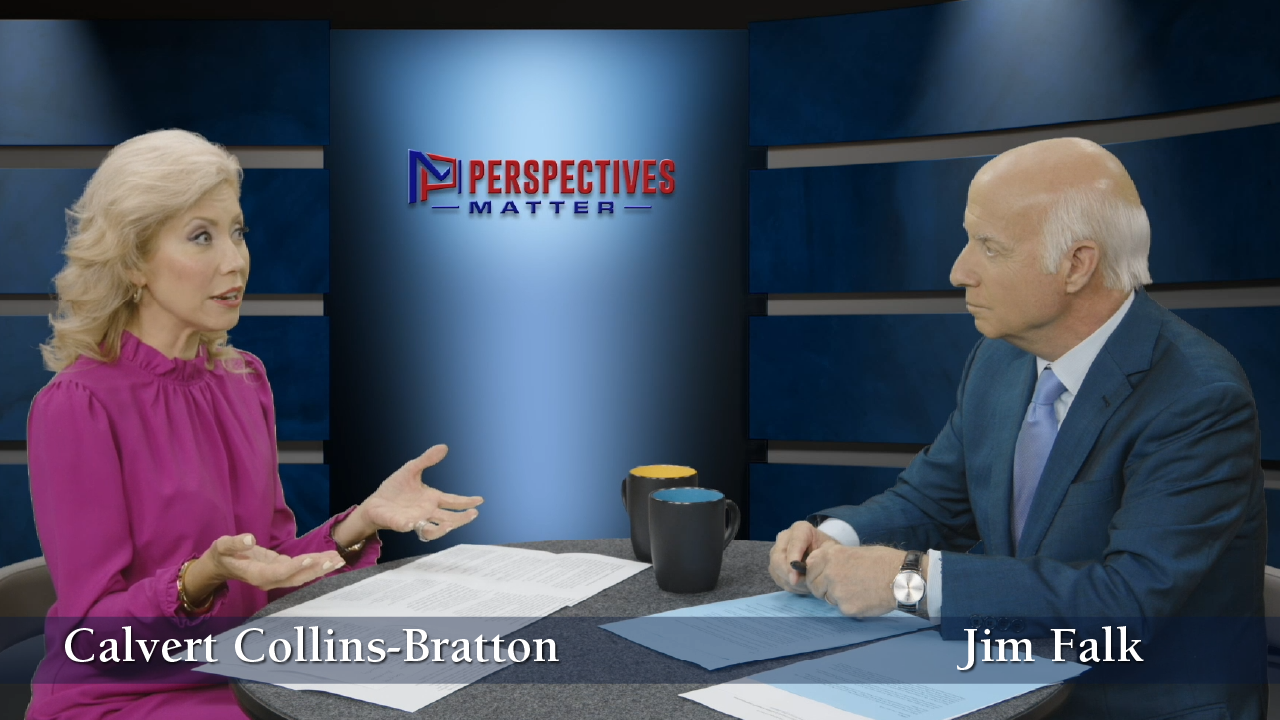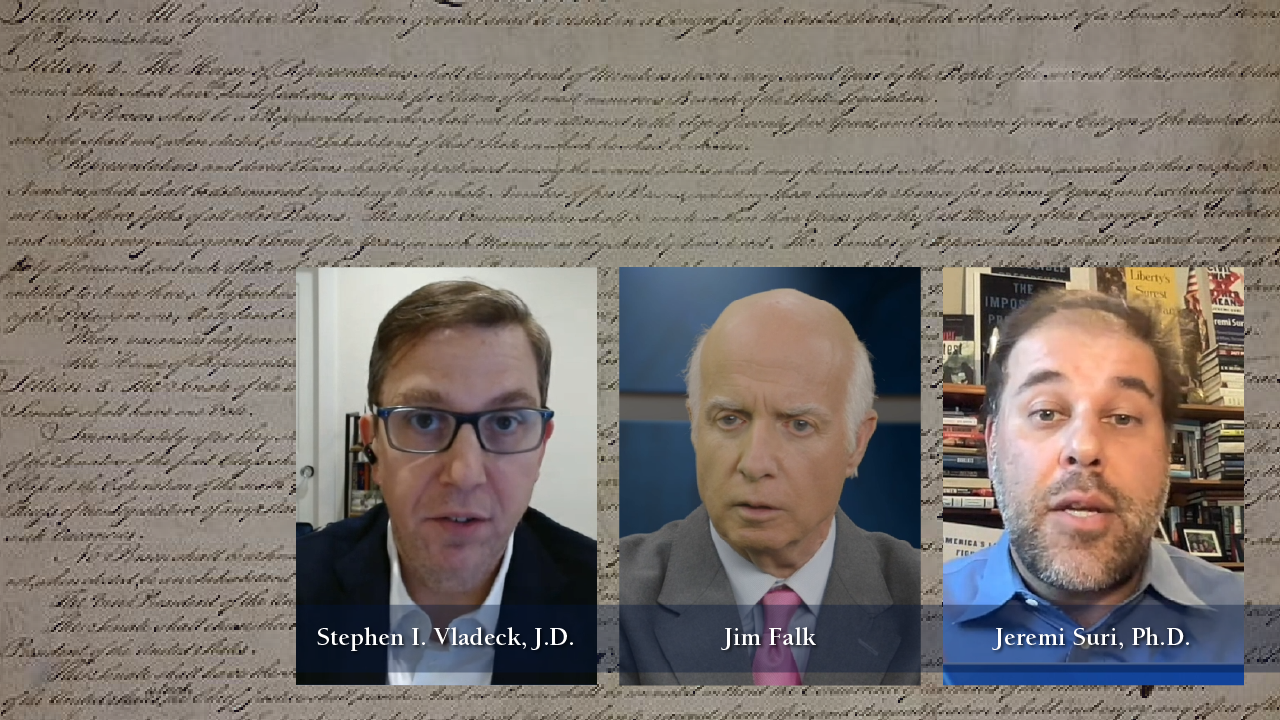Book Banning and Censorship (3011)
As school leaders pull more books off library shelves and curriculum lists amid a fraught culture war, we explore the impact, legal landscape, and history of book censorship in schools.
Brands in Crisis (5006)
Join hosts Vince Poscente and expert guests Laura Culp and Bruce Turkel for a discussion on Brands in Crisis.
The Self-Help Industry: $12 Billion and Growing (5011)
Join hosts Vince Poscente, CPAE, and Jim Cathcart, CPAE, for The Self-Help Industry: $12 Billion and Growing.
The University of Austin: The Fearless Pursuit of Truth (4021)
Join us to learn more about the University of Austin and how it teaches.
Nonprofits at Risk (5014)
As federal budgets are being sharply reduced and agencies dismantled, the effects are rippling across the country—often in unexpected ways.
The Challenges Facing Nonprofits Today (5013)
There has been, since the 1970s, a push towards giving the President near absolute power expressed through what is described as the unitary executive power. Recognizing the corrupt nature of unchecked power, the Founders and writers of the Constitution designed a system of government with co-equal branches, creating a system of checks and balances.
Unitary Executive Powers (5016)
There has been, since the 1970s, a push towards giving the President near absolute power expressed through what is described as the unitary executive power. Recognizing the corrupt nature of unchecked power, the Founders and writers of the Constitution designed a system of government with co-equal branches, creating a system of checks and balances.
Re-Air – Presidential Leadership: the Defining Traits (5001)
As we approach the inauguration of the 47th American president, it’s an ideal time to reflect on past leaders and consider which of them are remembered as the most successful.
Western Tradition and The American Founding (5007)
The government of the United States traces its roots back to ancient Greece, Rome and historic philosophers such as Plato and Aristotle. This is especially relevant now as increasingly we are seeing evidence of countries slipping towards authoritarianism, a risk that some fear for the United States.
Bill Moyers: The Man and His Myths (711)
We had the honor of interviewing Bill Moyers for the McCuistion program in November of 1996. We asked, “why do you do what you do.?
The Power of the Supreme Court (5015)
Stephen Vladek, J.D., joins host Jim Falk for a discussion on the current challenges facing the Supreme Court
Free Speech: Campus Arrests and Deportations (5009)
The discussion examines the recent campus protests and the repercussions against students and the schools involved.
Constitutional Law: What It Is and Why It Matters (5010)
Over the last few months, the executive branch has been pushing to the limits its powers to the point where leading constitutional scholars warn that the U.S. might be on the verge of a constitutional crisis. Join us to learn more about constitutional law.
The State of Civics Education Today (5008)
According to a survey conducted by The US Chamber of Commerce Foundation, 70% of Americans fail a basic civics test- and they are registered voters!
The Epidemic of Youth and Sports Gambling (5005)
Among young people, sports betting has exploded. Overall, high schoolers exhibit double the rate of gambling issues as adults. Join us to learn more about this issue.

